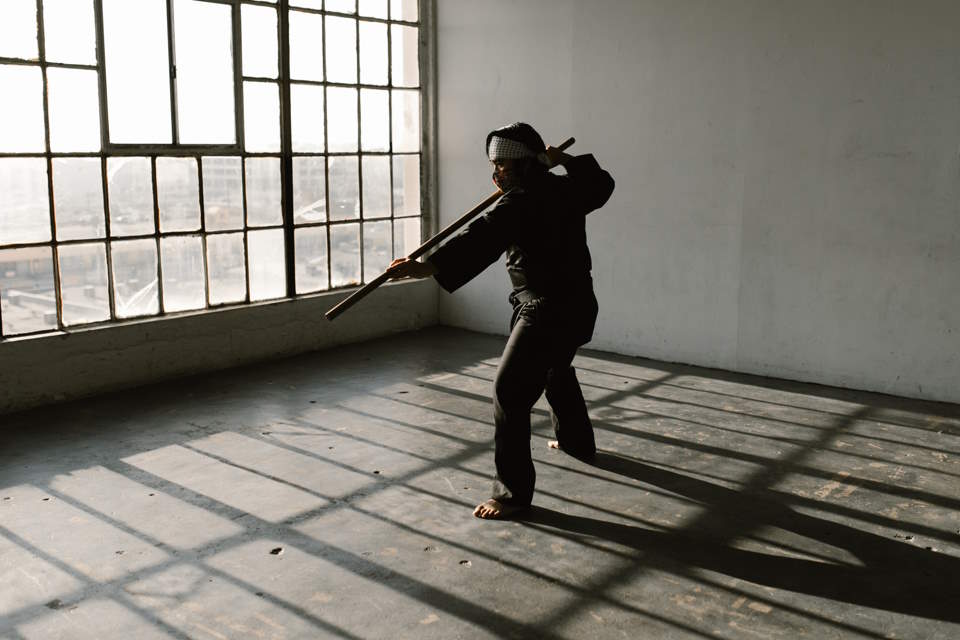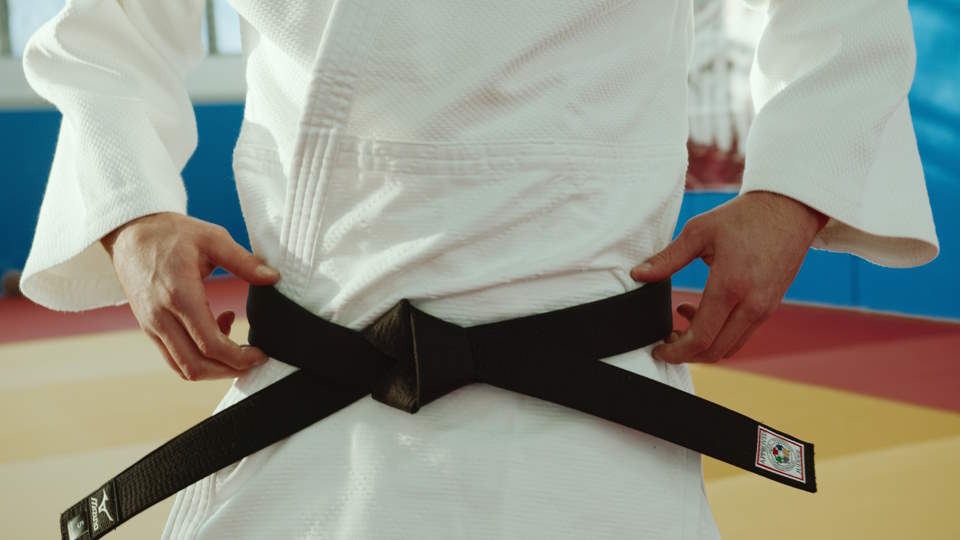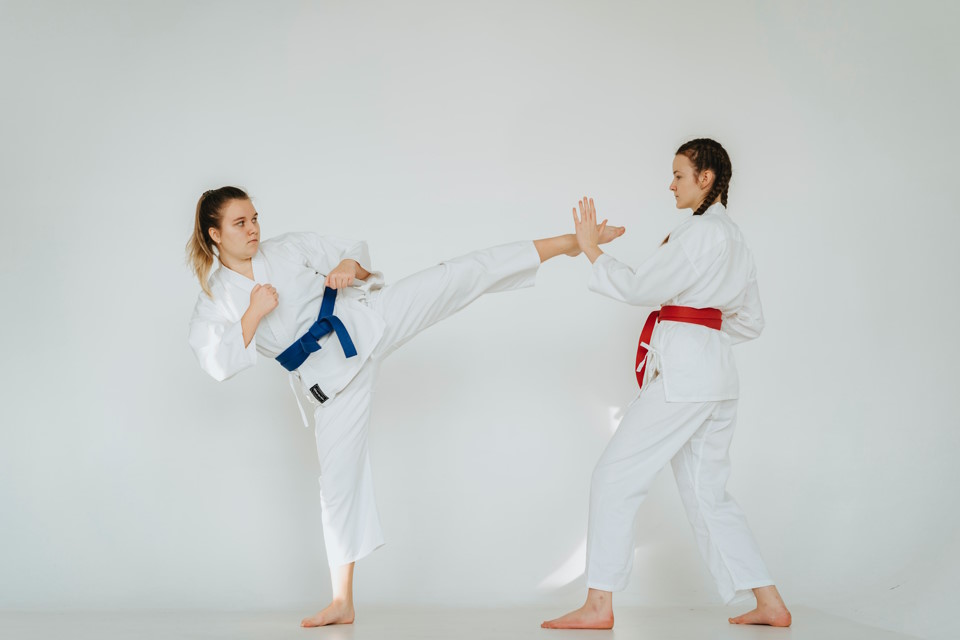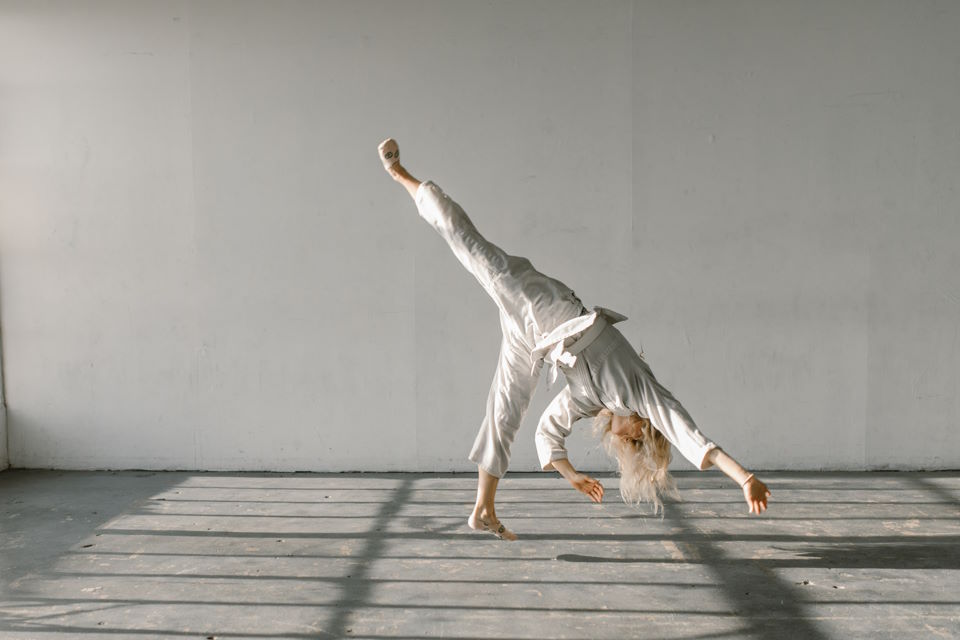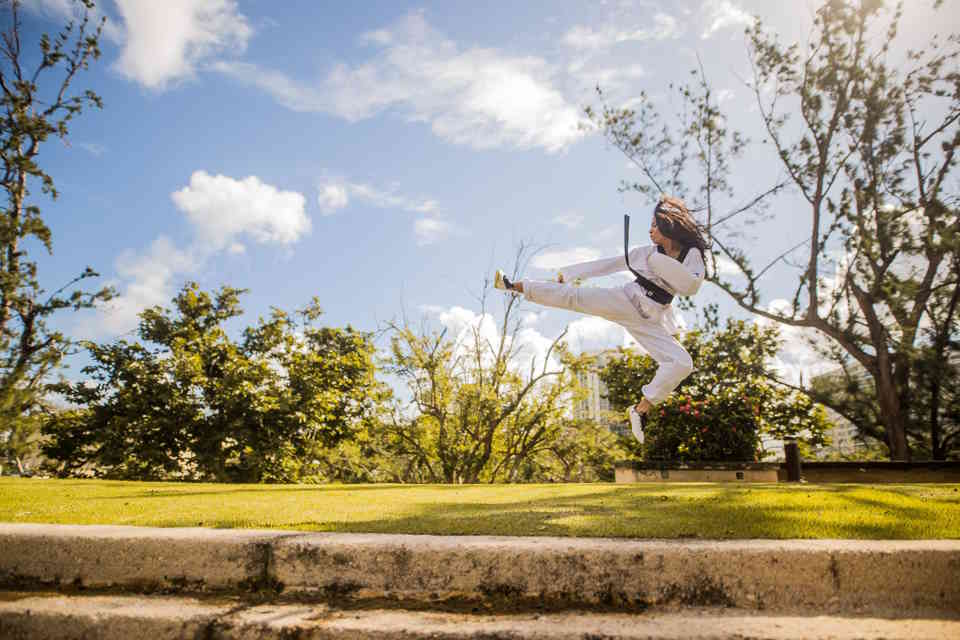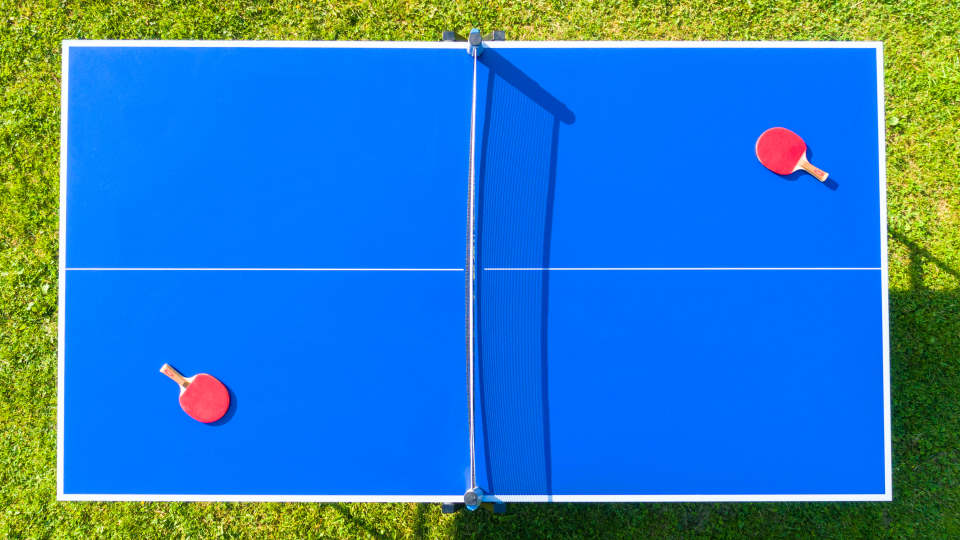In an ever-changing world where personal safety is a paramount concern, learning effective self-defense techniques has become a crucial skill. Amongst the myriad options available, karate stands out as a compelling discipline that combines physical prowess, mental fortitude, and strategic maneuvers. We aim to delve into the multifaceted realm of karate for self-defense, exploring its myriad benefits such as improved physical fitness, enhanced self-confidence, and heightened situational awareness. Additionally, we will shed light on key techniques and strategies integral to karate, provide real-life examples showcasing its effectiveness, and discuss important considerations one must weigh before choosing karate as a self-defense option. So, join us on this enlightening journey as we explore the world of karate and its potential to safeguard personal security.
Benefits Of Learning Karate For Self Defense
Learning Karate for self defense can offer a range of benefits that extend beyond just the ability to protect oneself. Taking up this martial art can lead to increased confidence, improved physical fitness, and enhanced mental well-being. The techniques and principles taught in Karate teach practitioners discipline, focus, and self-control. Not only does Karate provide practical skills for self defense, but it also promotes personal growth and self-improvement.
One of the primary benefits of learning Karate is the development of self-confidence. As students progress through their training, they gain a sense of accomplishment and mastery over their own bodies. The improvement in physical strength and coordination gives them the assurance that they can defend themselves if needed. Additionally, the mental discipline cultivated through Karate helps individuals build resilience and self-assurance, which translates into other aspects of life as well.
Another advantage of learning Karate is the improvement in physical fitness. Karate requires a high level of physical exertion, incorporating cardiovascular exercise, strength training, and flexibility. Regular practice not only helps individuals achieve their fitness goals but also boosts their overall health and well-being. The repetitive movements and techniques performed in Karate classes can help develop muscle memory, leading to improved coordination and reflexes.
- Moreover, learning Karate for self defense equips individuals with essential techniques and strategies that can be applied in real-life situations. The training focuses on strikes, kicks, and defensive moves, allowing practitioners to effectively defend themselves against potential threats. By practicing various scenarios and engaging in sparring sessions, students develop their ability to think quickly and react decisively, enhancing their self-defense skills.
- When considering Karate as a self-defense option, it is important to take certain factors into consideration. Firstly, one must find a reputable and experienced Karate instructor who can provide proper guidance and instruction. Additionally, individuals should choose a training facility that prioritizes safety and offers a supportive learning environment. It is also crucial to understand the limitations of self-defense techniques and recognize when it is necessary to seek help from law enforcement or other authorities.
| Benefits of Learning Karate for Self Defense |
|---|
| Improved self-confidence |
| Enhanced physical fitness |
| Practical self-defense skills |
| Developed discipline and focus |
| Mental well-being |
Learning Karate for self defense offers numerous benefits that go beyond the realm of physical protection. It empowers individuals, improves their self-confidence, and enhances their overall well-being. Through the practice of Karate, individuals can develop discipline, focus, and self-control, which can be applied to various aspects of life. The physical fitness gained from Karate training contributes to a healthy lifestyle and improves overall health. Additionally, the techniques and strategies learned equip individuals with practical self-defense skills that can be utilized in real-life scenarios. Considering these benefits, Karate can be a highly effective option for self-defense.
Key Techniques And Strategies In Karate For Self Defense
When it comes to self-defense, learning karate can give you the confidence and skills you need to protect yourself in any situation. Karate is not only a martial art but also a way of life that focuses on discipline, focus, and respect. We will explore the key techniques and strategies in karate for self-defense, so you can become a formidable opponent and feel safer in your everyday life.
The first key technique in karate for self-defense is proper stance and footwork. A strong and stable stance allows you to maintain control and balance while executing your moves. Keep your feet shoulder-width apart, bend your knees slightly, and distribute your weight evenly. This way, you can move quickly and effortlessly while maintaining a solid foundation.
The second important technique is punching and striking. Mastering the correct form and technique for punches and strikes is essential in karate. Your punches should be fast, straight, and powerful, with the force coming from your hips and core. Remember to keep your fists clenched tightly and your elbows close to your body for maximum impact.
- Focus on target areas: When practicing karate for self-defense, it is crucial to know the vulnerable points of the human body. By targeting areas such as the eyes, throat, groin, or solar plexus, you can incapacitate your attacker and create an opportunity to escape.
- Use leverage and joint locks: Karate techniques often involve using an opponent’s strength against them. By employing joint locks and leverage techniques, you can control and immobilize your attacker without relying solely on brute force.
- Continuous training and practice: Becoming proficient in karate for self-defense requires dedication and regular practice. The more you practice the techniques, the more they become ingrained in your muscle memory, allowing you to react quickly and effectively in a real-life situation.
In addition to these techniques, incorporating strategies into your self-defense training is equally important. One such strategy is situational awareness. Being aware of your surroundings and potential threats can help you avoid dangerous situations altogether. Trusting your instincts and listening to your gut feelings can make a significant difference in your personal safety.
| Technique | Description |
|---|---|
| Kata | Kata is a prearranged series of movements that simulate self-defense situations. Practicing kata enhances muscle memory, coordination, and precision. |
| Kumite | Kumite is the practice of sparring with a partner. This allows you to apply your techniques in a controlled environment, honing your timing, speed, and reaction skills. |
| Blocking | Learning proper blocking techniques is crucial in self-defense. Block incoming strikes with your forearms, elbows, or legs to protect yourself from harm. |
As you can see, karate offers a vast array of techniques and strategies for self-defense. By mastering these key elements and continuously practicing, you can develop the skills and mindset needed to protect yourself and others. Remember, self-defense is not just about physical techniques but also about mental preparedness and personal safety awareness. Stay alert, stay confident, and stay safe!
Real-Life Examples Of Karate Being Effective In Self Defense
Karate is a martial art that has been practiced for centuries. While some people may question its effectiveness in real-life self-defense situations, there are numerous stories and examples that prove otherwise. We will explore some real-life examples of karate being effective in self-defense, showcasing how this ancient practice can truly protect individuals in dangerous situations.
One such example occurred in a small town where a woman named Sarah found herself in a terrifying situation. She was walking alone at night when she was suddenly approached by two aggressive individuals. Without hesitation, Sarah utilized her karate training to defend herself. With swift, precise movements, she was able to disarm her attackers and escape unharmed. This incident highlights the importance of learning karate for self-defense, as it can provide individuals with the skills and confidence to effectively protect themselves in unexpected situations.
Another notable example took place in a crowded subway station. A young man named Alex was minding his own business when he noticed a commotion nearby. A group of individuals were harassing an elderly woman, and it was clear that they intended to harm her. Drawing upon his karate training, Alex intervened and swiftly incapacitated the assailants. The quick and decisive actions he took demonstrated how karate can be an effective tool in defending not only oneself but also others who may be in danger.
- Benefits of learning karate for self-defense include:
- Improved physical fitness and coordination
- Increased self-confidence and mental focus
- The ability to protect oneself and others in dangerous situations
In addition to these firsthand accounts, there have been numerous documented cases where karate has saved lives. For example, a woman named Michelle was walking home late one night when she was suddenly attacked by a stranger. Thanks to her karate training, she was able to effectively defend herself and escape the situation with minimal harm. This instance underscores the importance of considering karate as a self-defense option, as it can provide individuals with the skills necessary to protect themselves in potentially life-threatening scenarios.
| Key Techniques and strategies in karate for self-defense |
|---|
| Proper stances and footwork |
| Strikes to vulnerable areas |
| Blocks and parries |
| Joint locks and throws |
Important Considerations Before Choosing Karate As A Self Defense Option
Choosing the right self-defense option is essential for your safety and well-being. With so many options available, it can be overwhelming to decide which one to pursue. One popular choice is karate, a martial art form that focuses on self-defense techniques. However, before diving headfirst into karate training, there are several important considerations to keep in mind.
Firstly, it’s crucial to understand that karate requires dedication and commitment. Learning any new skill takes time and effort, and karate is no exception. It requires consistent practice and training to master the various techniques and movements. So, before choosing karate as your self-defense option, ask yourself if you are willing to devote the necessary time and energy to this martial art.
Secondly, it’s essential to consider your physical fitness level. Karate involves rigorous training that demands strength, flexibility, and endurance. If you lead a sedentary lifestyle or have any underlying health conditions, it’s advisable to consult with a doctor before starting karate. They can assess your physical capabilities and advise you on whether karate is suitable for you.
- Keywords: karate, self-defense, option, considerations, dedication, commitment, practice, training, physical fitness level
- Keywords: karate, self-defense, option, considerations, time and energy, martial art, physical fitness level
| Important Considerations Before Choosing Karate As A Self Defense Option | |
|---|---|
| Dedication and Commitment: | Karate requires consistent practice and training. |
| Physical Fitness Level: | Karate demands strength, flexibility, and endurance. |
